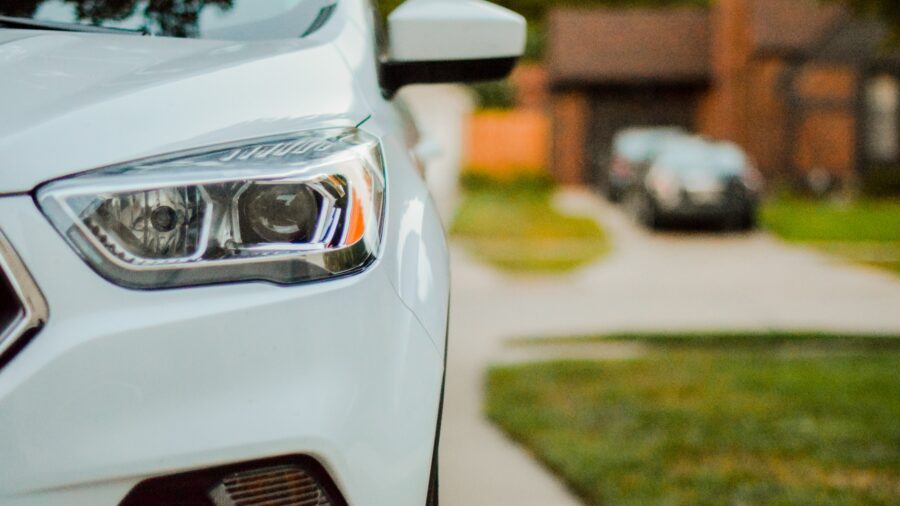It’s easy to research online cars for sale in another state or territory, but trickier to inspect and register them. Here are some tips to help you buy a car from interstate and register it in NSW.
Do your research
It takes more effort than buying a car in NSW, so make sure it’s worthwhile. Do you really need to buy this particular car? Consider the extra potential costs of inspecting and buying an interstate car.
If you buy from an interstate dealer or auctioneer, make sure the car is protected by warranty. Used cars that are less than 10 years old and have less than 160,000 kms on the clock are required by law to have a 3-month/5,000 km warranty.
If you buy from a private seller, you really need to do your research.
While most car sales sites attempt to tell you as much about the car as possible, there’s no substitute for inspecting and driving it yourself. However, if you’re in Sydney and the car is in Bundaberg, you might want to involve somebody else in the process.
Inspect before you buy
You can get a pre-purchase inspection from motoring organisations like the NRMA, RACV and RACQ or from a private mechanic. If you ask a friend or family member to do it, then make sure they know exactly what problems they are looking for when buying a car.
Find out the car’s Vehicle Identification Number (VIN) so you can search for it on the Personal Property Securities Register. For only $2, it will tell you whether the car is stolen, has been written off, or has debt on it. You will certainly get your money’s worth if any of these situations apply.
If you can inspect and test drive the car yourself, so much the better. Hopefully, you want to buy it and the seller gives you a good price.
Drive the interstate car to NSW
Driving the car to NSW is not as simple as it sounds. After all, it’s currently registered and insured in another state or territory under the seller’s name. You can:
- Buy an unregistered vehicle permit (UVP) for your journey back to NSW, which ensures it has CTP insurance, or
- agree with the seller that the car stays insured and registered in their name in transit but any accidents are your responsibility, or
- pay to get it freighted back to you on a truck.
As soon as you get back home, you must immediately transfer registration of the car from interstate to NSW.
Transfer registration to NSW
There are three important steps to transfer registration of your new car to NSW:
- Get a blue slip.
- Buy a green slip.
- Go to Service NSW or registry with number plates and documents, such as proof of identity, entitlement and residence.
What is a blue slip?
A blue slip is a full inspection of the car for identification, compliance and roadworthiness. You need to organise this as soon as possible at the nearest Authorised Unregistered Vehicle Inspection Station. The mechanic will send an online copy of your blue slip to Service NSW ready for registration but take the original copy with you.
Buy a green slip
For light vehicles under 4.5 tonnes GVM, the first green slip and registration in NSW must be for 12 months. Compare prices from all six insurers with our greenslips.com.au Calculator.
Once you are well informed, contact the insurer of your choice to buy your greenslip. The insurer will notify Service NSW ready for registration.
Go to Service NSW or motor registry
You have to attend Service NSW or registry in person, or send an authorised representative. Make sure you have each of these available:
- Proof of identity
- Proof of entitlement to register the vehicle
- Proof of your residential address in NSW
- Green slip
- Blue slip
- Interstate number plates
- Application for registration
- Evidence of any eligibility for a pensioner or other concession.
Find full details on transferring registration to NSW here.
Once you have your NSW number plates, you must put them on straightaway.
Only now can you relax and drive your new car, knowing you are insured and registered in your home state.
You may also want to buy some comprehensive or third party property insurance to protect your new purchase. See Why do I need CTP if I have comprehensive insurance?


your opinion matters: